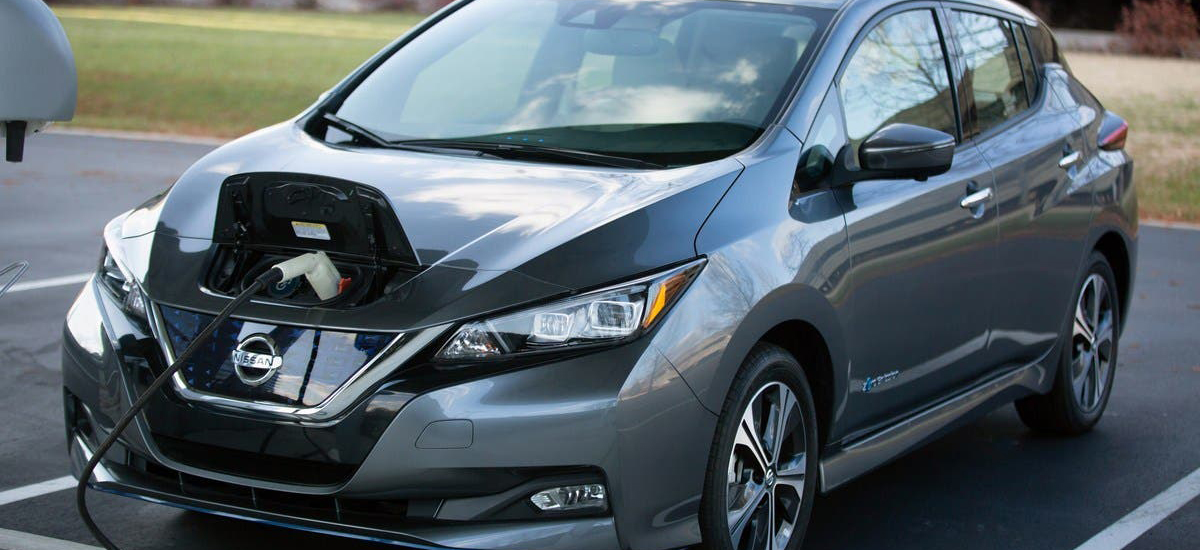
 Your Credit Estimate
Your Credit Estimate
Your zip code helps us provide you with the most accurate vehicle pricing and vehicle availability.
We estimate your credit score to give you an idea of your monthly payments. To get an accurate payment amount, complete our credit application by clicking the Start Credit Application button below.
start credit application
Nissan has been quite the busy automaker of 2021. Especially in the summer, this automaker revealed the upcoming 2022 Nissan Leaf, the automaker’s successful electric vehicle (EV), and the 2022 Nissan Ariya SUV. Hot on their tails was the newly revamped 2022 Nissan GT-R with more new vehicles on the way for the Nissan lineup. Many of these are expected to be more EVs, with Nissan and the Renault-Nissan-Mitsubishi Alliance as a whole placing a focus on EV technology and development. However, since the Alliance discussed its mid-term plans back in May 2020, there hasn’t been a lot of talk about the upcoming car technologies coming from Nissan. Breaking the silence, the automaker just announced a $17.59 billion investment over the next five years to accelerate EV production and meet its competitors on the road.
With plug-in hybrid electric vehicles (PHEV) and electric vehicles (EVs) – also known as battery-electric vehicles (BEVs) – suddenly having a huge shift in the auto market, just about every automaker is rehashing their lineup for EV variants or releasing new EV models altogether. When Stellantis, (then Fiat Chrysler) had to pair up with competitor to Tesla to slide under the standards of the European Union for CO2 emissions, the industry finally realized this was getting serious. Overseas, lowering the CO2 emissions has been growing steadily, with Japan aiming to be carbon neutral by 2050.
Nissan happens to be Japan’s number three automaker, and its work in EVs with the Leaf, one of the world's first mass-market EVs, gained it some well recognition when released over ten years ago. Today, the heat is on for something new, something ground-breaking. This comprehensive electrification plan by Nissan will be the first of its kind in all of the automaker’s history. How’s that for ground-breaking?
This billion dollar investment will be put to good use. Nissan announced the launch of 23 electrified vehicles by 2030, with 15 of those being all-electric vehicles. Not too long ago, we talked about EVs and the different kinds of batteries automakers use to operate them – mostly lithium-ion batteries do the trick. There are different methods of setting these up to power an EV, with advantages and disadvantages for each, but Nissan claims it will be releasing a “game-changing” all solid-state battery by March 2029. Now that would be something to see! Until then, the automaker aims to reduce lithium-ion battery costs by 65-percent, a challenge every automaker wrestles with.
The automaker was met with a little tension during its announcement in November. Share prices in the company have slid back a bit and analysts think the time to jump in on the EV wagon is coming a little too late. It’s starting to become a “If you’re not on the bus, you’re not on the bus” situation, as we can see with other big names in the industry. Apparently, the world’s fourth largest automotive group Stellantis got the squeeze to go into EV production. If that’s true, what does this say for Nissan?
"It's very important for Nissan to show where we are going next, and today's plan is a vision and direction which is talking about the future," – Nissan Chief Operating Officer (COO) Ashwani Gupta
Every automaker is claiming upwards of 20 electrified vehicles these days. Will Nissan be able to break into the market? Join the discussion on NowCar social media.